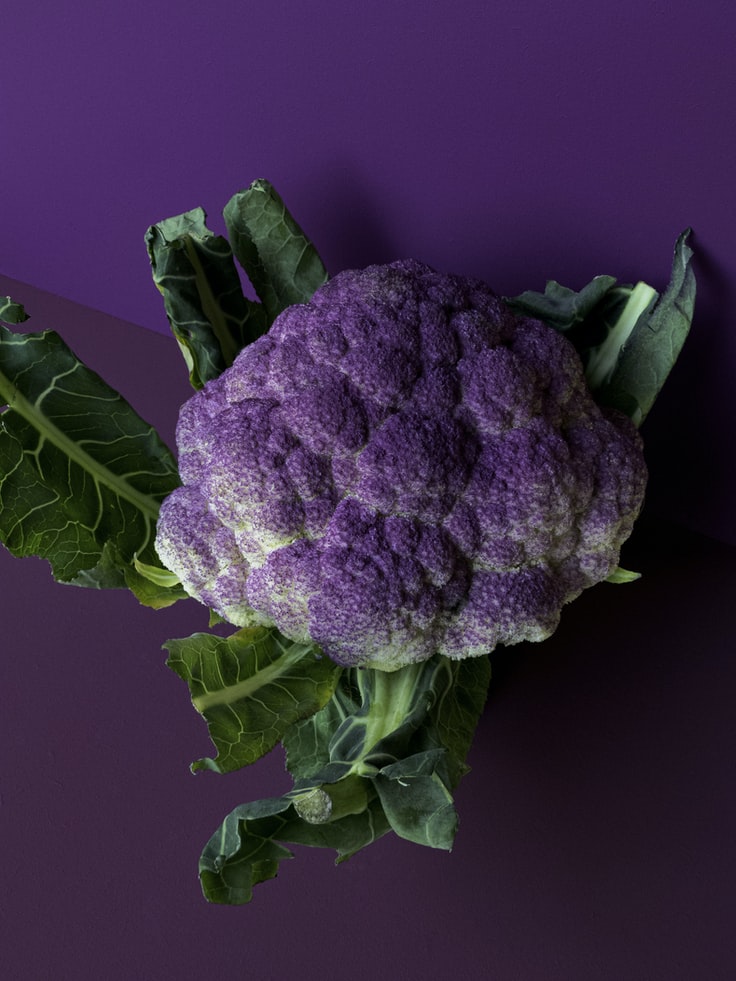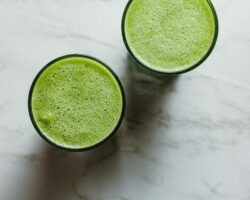The most underrated superfood
White cabbage
White cabbage is the most popular but also the most sparse in terms of composition. Of all cabbages, it ranks last in terms of health benefits. White cabbage can be a good source of fibre and vitamin C, which is well preserved in it for a long time (all winter as well), has healing properties and helps the gastrointestinal tract to function properly. It is worth remembering that thermal treatment destroys most of the active ingredients in white cabbage, so you should add it raw to salads for maximum benefit.
Red cabbage
Red cabbage is in many ways similar to white cabbage in its composition and useful properties, but it still has one advantage. The bright colour of the vegetable is due to the plant pigments anthocyanins, which have antioxidant properties. Anthocyanins are especially good for heart health: they strengthen the heart muscle and vascular walls, normalize blood pressure and ensure prevention of cardiovascular diseases.
Broccoli
Broccoli is rightly called the superfood and the healthiest cabbage around: this cruciferous vegetable is extraordinarily rich in vitamins A, B6, C and K, potassium and fiber. Thanks to its composition, broccoli helps in the prevention of cardiovascular diseases and gastrointestinal problems, improves brain function and skin condition. In addition, cabbage contains a minimum of calories, making it an ideal dietary product.
Cauliflower
This cruciferous vegetable should definitely become part of your diet. Cauliflower is an excellent source of antioxidants, omega-3 fatty acids, vitamins and minerals. But it’s low in calories and suitable for a wide variety of dishes. Read more about its benefits here.
Peking cabbage
It is a very popular and popular salad vegetable. The taste of the Beijing cabbage is retained even during storage. They are rich in amino acids, potassium and magnesium. Like all cabbage types the juice has bactericidal properties and therefore the vegetable is recommended for gastrointestinal diseases. Unlike white cabbage and red cabbage, it does not contain a lot of fibre and therefore does not cause bloating.






